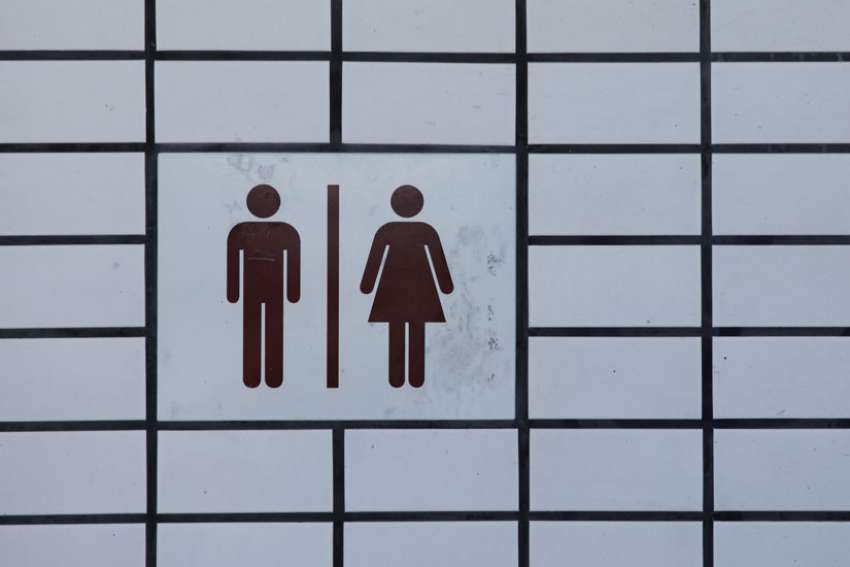He had bussed across Canada to claim “his” prize, clutching an envelope saying he was a winner in the sweepstakes the company ran as a marketing gimmick. He had read all the material inside the envelope and felt certain — indeed he couldn’t be persuaded otherwise — that he had been named The Million Dollar Sweepstakes Winner.
He was not. In fact, all the company’s customers received the same material, worded with scrupulous ambiguity to be just inside the law. His belief in “his” million did not make it so. He was shown the door.
I’ve often cited that moment as an example of happy face corporate cruelty. It serves double duty, though, as a reminder that for all our clever and prideful post-modern denial, what is real must be respected. No matter how much we dream of the world as a pure extension of our whims, wishes and wants, the simple, sobering binary “is / is not” still prevails.
That binary is at the core of the debate over so-called gender fluidity. It refutes claims that such antique categories as “he” and “she” must make way for the new wave of genderless pronouns. It implacably denies that human beings are, in our physical makeup, mere expressions of the ideology of consumerism and the idolatry of choice.
Not long ago, of course, such refutation would not have even been needed. The arguments of the gender fluidists would have been considered fashionable fantasies equivalent to trickle-down economics or exporting democracy to Iraq. After fervent flirtation, the long cold bus ride back to reality would have awaited.
Alas, the real nature of this debate puts that traditional outcome at risk. The nature of the debate, after all, is the defining of nature itself, up to and including redefining nature out of existence. Even those who raise challenges to gender fluidist ideology don’t seem to appreciate the stakes, at least not fully.
As a result, they’ve made it an argument about freedom, as in the case of University of Toronto psychology professor Jordan Peterson. His protestations against the ideology, which seem to be based on gender fluidist claims he finds clinically specious, has quickly devolved into rote serve-and-volley over his freedom of speech as an academic and a citizen.
As a colleague at Cardus, Andrea Mrozek, said succinctly in a recent op-ed: “Make no mistake, this is about freedom of speech and thought, not sex or gender.” Her op-ed provoked a hail of responses invoking an equivalent freedom for gender fluidists to be called what they wish, and equating Peterson’s protest with someone refusing to stop voicing racial or ethnic slurs.
The last point, of course, is absurd. We refuse such slurs precisely because they are lies. They falsely reduce the recipient to a political caricature that denies their real humanity. But for the exact reason we would not use horrible epithets to demean, say, a Chinese person, neither are we bound to accept that person’s insistence on being called a unicorn. Out of truth, we acknowledge the full humanity of a person of Chinese ancestry. Out of the same truth, we decline to participate in their self-involvement with chimera.
With due respect to Mrozek, then, the debate is about sex and gender, and the reality of same. To the extent it’s about freedom, it’s about the necessity of grounding freedom in the whole truth of reality. It’s about grounding that whole truth in the simple binary of “is / is not” that always begins with us being, well, physical beings.
Christopher West, the great exponent of St. John Paul II’s Theology of the Body, has cited as his favourite TOB quotation: “The body, in fact, and only the body, is capable of making visible what is invisible: the spiritual and the divine. It has been created to transfer into the visible reality of the world, the mystery hidden from eternity in God, and thus to be a sign of it.”
Sobering words for the long strange trip we’re on. In place of the scrupulous ambiguity that leads to disillusion, they make evident the Truth that dispels our most fluid illusions.
(Stockland is publisher of Convivium magazine and senior fellow with Cardus.)


